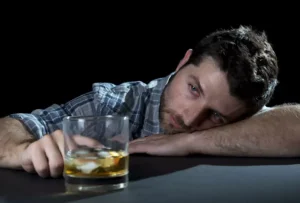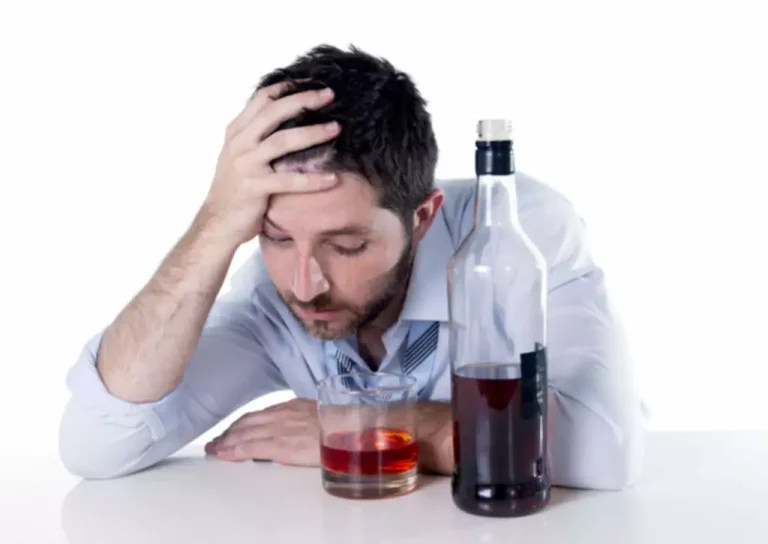
It will help you to know what symptoms to watch for and how hypertension can be managed with lifestyle changes, like smoking cessation or stress management, as well as medication. Tolerance and dependence can both happen as symptoms of alcohol use disorder, a mental health condition previously referred to as alcoholism, that happens when your body becomes dependent on alcohol. This condition can be mild, https://ecosoberhouse.com/ moderate, or severe, depending on the number of symptoms you have. People who drink heavily over a long period of time are also more likely to develop pneumonia or tuberculosis than the general population. The World Health Organization (WHO) links about 8.1 percent of all tuberculosis cases worldwide to alcohol consumption. That’s because drinking during pregnancy doesn’t just affect your health.
I’ve had heart surgery. When can I drink alcohol again?
However, current recommendations like those from the Centers for Disease Control and Prevention (CDC) focus on limiting alcohol to one drink a day for women and two drinks a day for men. Much of the current literature on alcohol does not mention the hypotensive effect of alcohol or the magnitude of change in BP or HR after alcohol consumption. This review will be useful for social and regular drinkers to appreciate the risks of low blood pressure within the first 12 hours after drinking. The blood alcohol level decreased over time, and 20‐HETE started to rise (Barden 2013). The hypertensive effect of alcohol after 13 hours of consumption could be the result of the rise in vasoconstrictors and the homeostatic response to restore blood pressure. Plasma renin activity was reported to be increased in Kawano 2000 as a late effect of alcohol consumption.
Pitsavos 2004 published data only
A 2023 report found that drinking too much alcohol regularly, exceeding 30 grams per day, can significantly increase the risk of developing high blood pressure. According to a recent analysis by the American Heart Association (AHA), the more alcoholic drinks you have each day, the higher your systolic blood pressure tends to be. The newest evidence suggests benefits for heart health of drinking alcohol are less and apply to a smaller group ofthe population than previously thought. The only group who might see some benefit overall in the UK is women over the age of 55, but and even then only at low levels of drinking – around 5 units a week or less. Conversely, moderate drinking has been repeatedly demonstrated to have potential benefits for patients with diabetes and abnormal lipoprotein profiles. At the same time, some studies suggest that stopping or reducing alcohol intake produces better outcomes for those with high blood pressure or CVD.
Hemostatic Factors
Several clinical trials in humans and studies conducted in animal models have reported stimulation of the sympathetic nervous system and increased noradrenaline after consumption of alcohol (Barden 2013; Grassi 1989; Randin 1995; Russ 1991; Zhang 1989). When noradrenaline stimulates the adrenergic receptors located in the heart muscles, heart rate and blood pressure are increased. Thus alcohol decreases blood pressure initially (up to 12 hours after ingestion) and increases blood pressure after that. Alcohol consistently increases heart rate at all times within 24 hours of consumption.

- Because alcohol and cholesterol medicine both are processed through your liver, they are, in a sense, competing for clearance.
- This review summarises the acute effects of different doses of alcohol on blood pressure and heart rate in adults (≥ 18 years of age) during three different time intervals after ingestion of alcohol.
- Study authors mentioned only that acute ethanol administration caused a transitory increase in BP at 20 minutes.
- We also calculated SD if 95% CI, P value, or t value was reported in the included studies, according to Chapter 7 of the Cochrane Handbook for Systematic Reviews of Interventions (Higgins 2011).
- Of the 32 studies, two studied low‐dose alcohol, 12 studied medium‐dose alcohol, and 19 studied high‐dose alcohol.
So, it was not possible to conduct a subgroup analysis based on blood pressure. For the planned subgroup analysis based on sex, no study reported male and female participant data separately. We are also moderately certain that high‐dose alcohol decreased blood pressure within six hours, and the effect lasted up to 12 hours. Heart rate increased significantly after alcohol consumption and remained increased at all times measured. To determine short‐term dose‐related effects of alcohol versus placebo on systolic blood pressure and diastolic blood pressure in healthy and hypertensive adults over 18 years of age. In general, experts suggest that people with high blood pressure shouldn’t exceed moderate alcohol consumption, which is one drink or less per day for women and two drinks or less per day for men.
This is because alcohol may affect blood vessel function and fluid levels, causing high blood pressure.This article explains how alcohol can affect blood pressure, as well as alcohol intake recommendations for people with high blood pressure. It also discusses treatment and some frequently asked questions about alcohol and high blood pressure. A lot of people shouldn’t drink at all for specific reasons — family history of alcoholism or heart or liver disease, he says. But if you have no hereditary risk factors, a glass (for women) or up to two (for men) may be justified, depending on your age. Light-moderate drinking (defined as up to two drinks a day for men, one for women) has shown a subtle drop in blood pressure in some cases.

A study from 2019 looked into the effects of aged white wine consumption in males with a high risk of cardiovascular disease. Your doctor will often advise you when it’s safe to start drinking alcohol again, from a medical perspective. Psychologically, however, many people feel low in mood after they’re discharged home, especially following open heart surgery.

- This is especially true in light of the relationship between a sensor of stress (mTOR) and nutrient deprivation and how essential autophagy is to cell survival.
- There is certainly no reason to start drinking alcohol if you don’t already.
- While some people develop a tolerance to alcohol over time, this isn’t true for everyone — and this ability doesn’t last forever, Dr. Cho notes.
- We retrieved full‐text articles for those citations and included 32 studies (Figure 1).
Randomised controlled trials (RCTs) comparing effects of a single dose of alcohol versus placebo on blood pressure (BP) or heart rate (HR) in adults (≥ 18 years of age). The AHA states even people who drink one alcoholic beverage per day showed a link to higher blood pressure compared to non-drinkers. Researchers found this group had a reduced risk of hypertension after drinking how does alcohol affect blood pressure 30 grams, about 2 tablespoons, of a specific form of aged white wine every day for 3 weeks. Holiday heart syndrome can happen if you don’t typically drink alcohol, but then have a few at a holiday party or if you binge drink. This can cause you to develop an irregular heartbeat, called atrial fibrillation, which can increase your risk of stroke, heart attack and heart failure.
